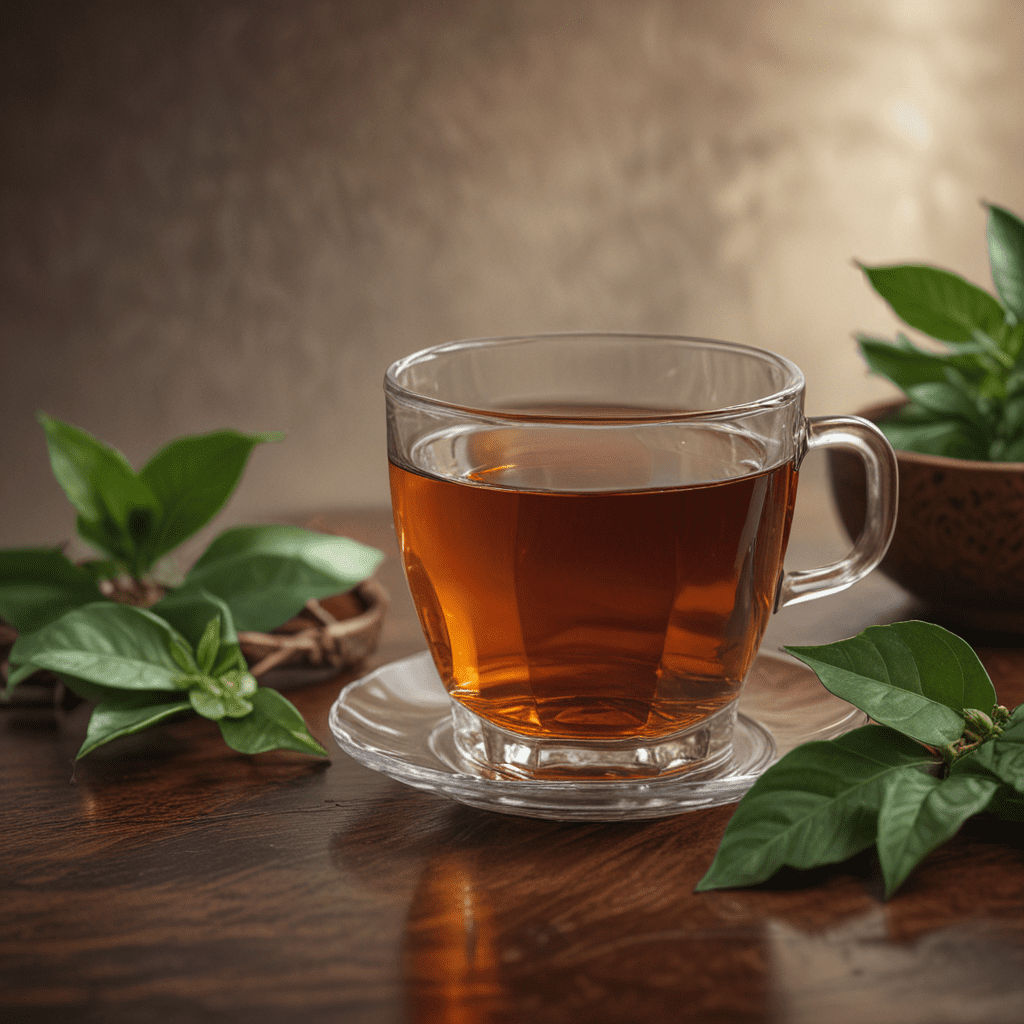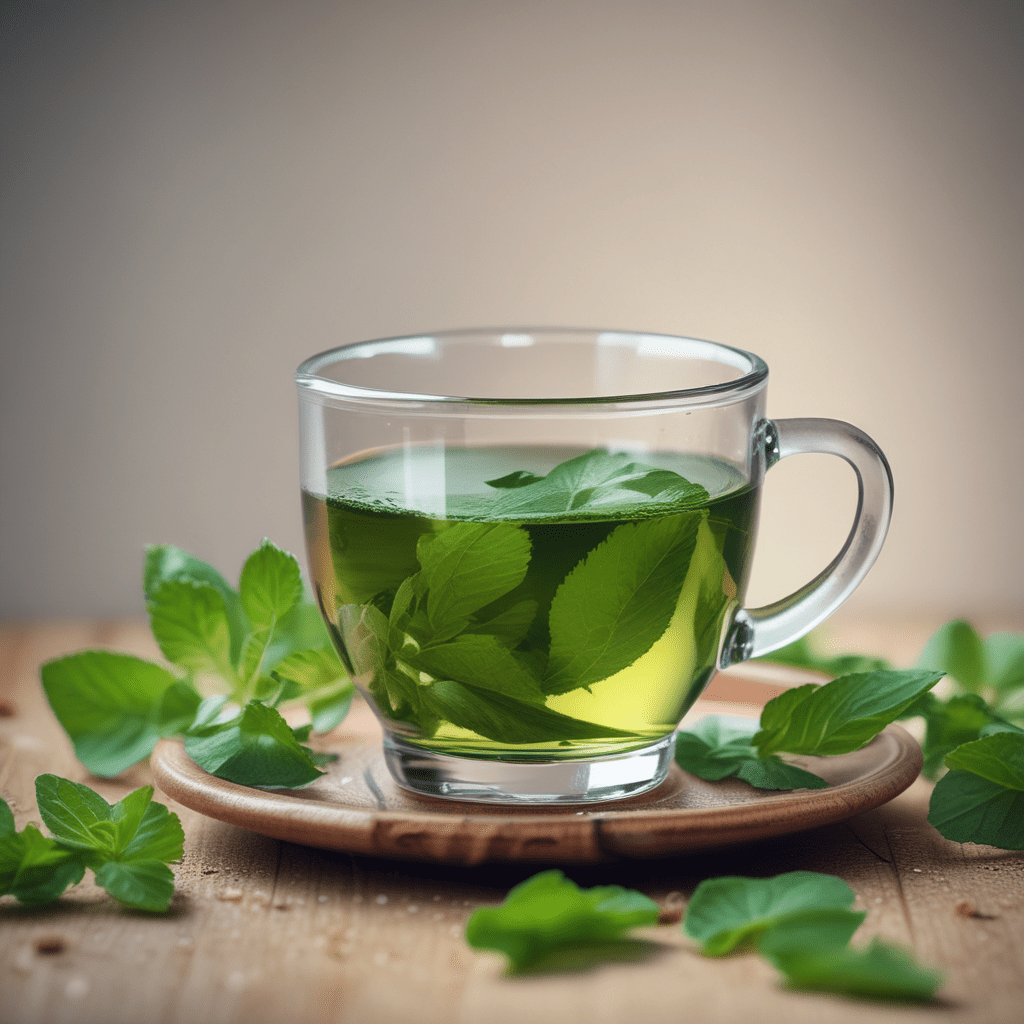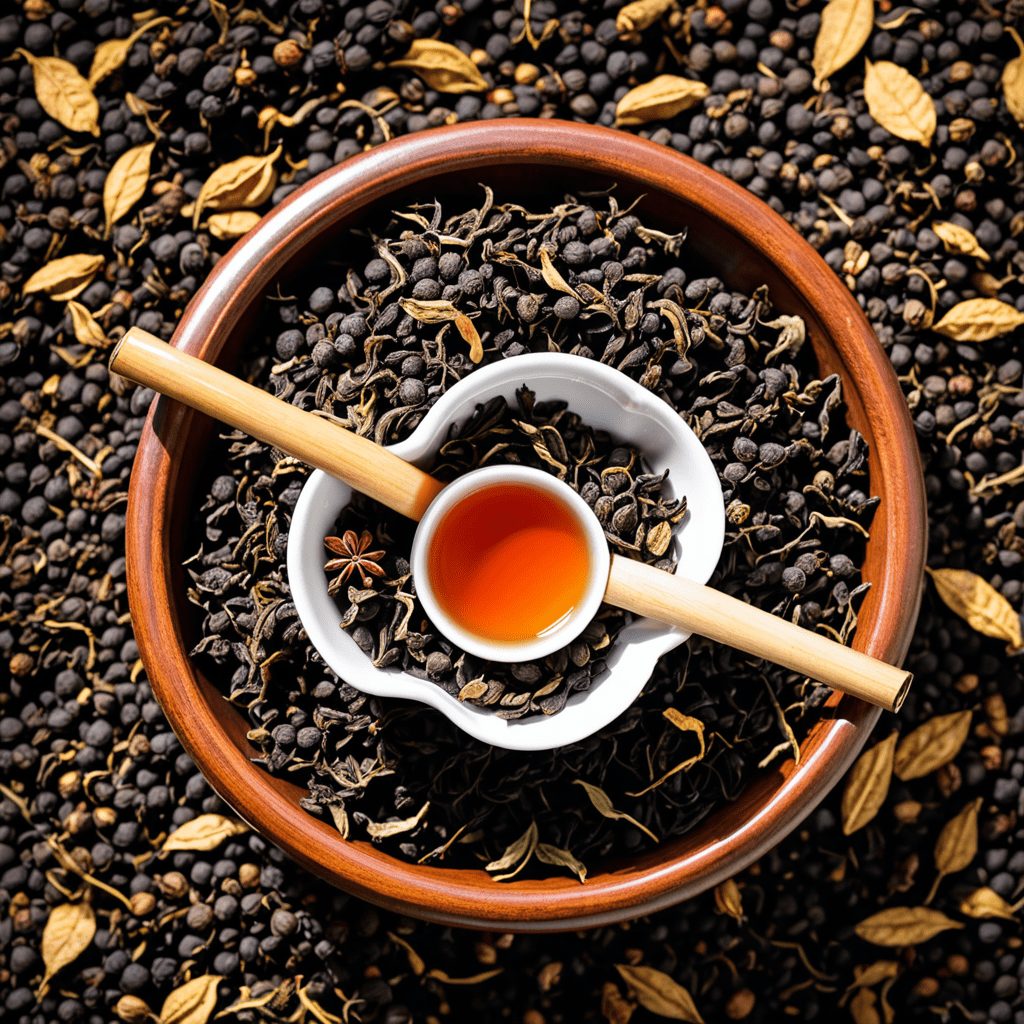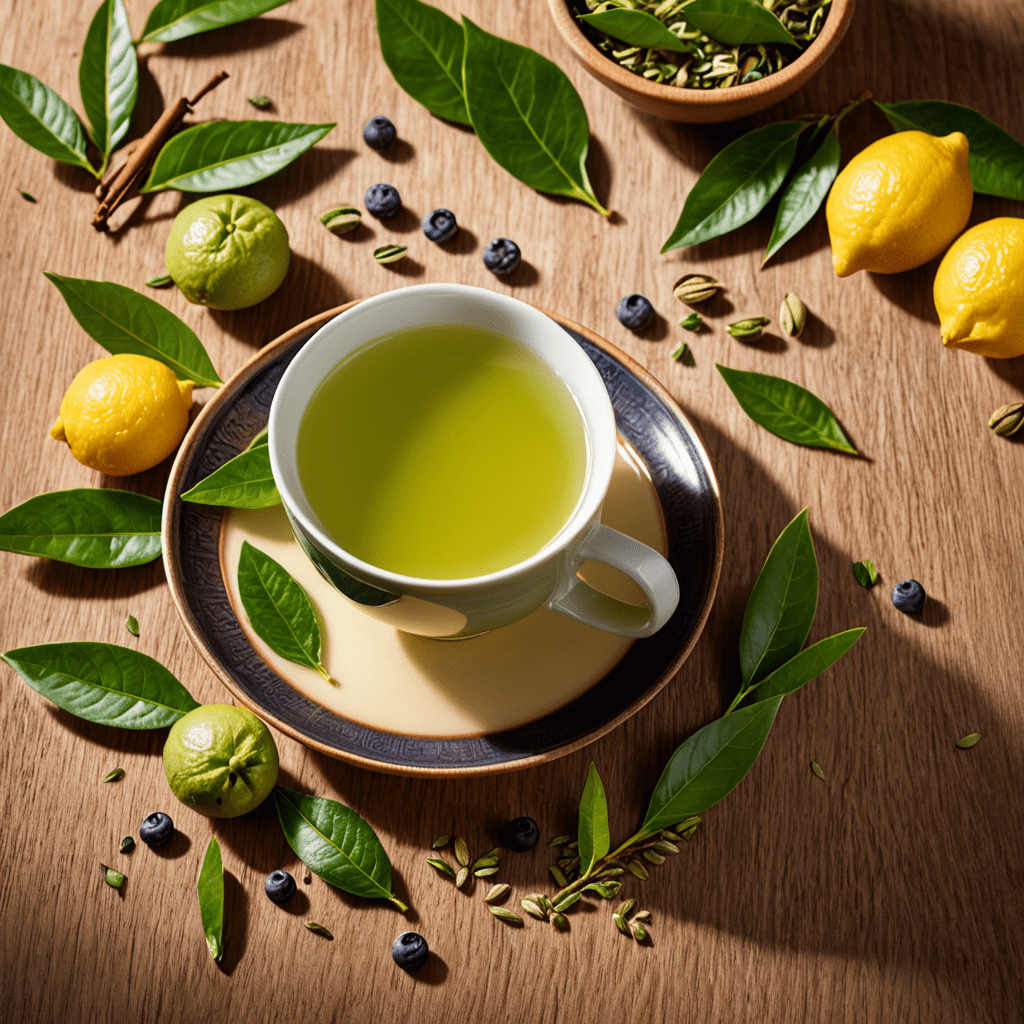
1. Introduction to Ceylon Tea and Its Significance
Ceylon tea, renowned for its unparalleled quality and exquisite flavor, has played a transformative role in the realm of tea ceremonies worldwide. Cultivated in the lush highlands of Sri Lanka, formerly known as Ceylon, this extraordinary tea has captivated tea enthusiasts for centuries, leaving an enduring legacy on the cultural traditions of tea ceremonies. Its intricate flavors, bold aromas, and vibrant hues have inspired and shaped the rituals and customs associated with this ancient practice.
2. The History of Ceylon Tea and Its Cultivation
The history of Ceylon tea dates back to the 19th century, when British planters introduced tea cultivation to the island nation. Thriving in the pristine environment of Sri Lanka's central highlands, tea plantations rapidly expanded, transforming the country into a leading tea producer. The unique climate, altitude, and soil conditions of the region gave rise to distinctive tea varieties such as Ceylon Black Tea, known for its rich, full-bodied flavor, and Ceylon Green Tea, prized for its delicate, herbaceous notes.
3. The Unique Characteristics of Ceylon Tea
Ceylon tea is celebrated for its exquisite characteristics that distinguish it from other teas. Grown at high elevations, the tea leaves develop a complex array of flavors and aromas. Ceylon Black Tea typically exhibits a malty character with hints of spice and fruit, while Ceylon Green Tea often imparts a refreshing, vegetal taste with subtle floral notes. The leaves are carefully handpicked to ensure optimum quality, preserving their delicate nuances and ensuring a superior brewing experience.
4. The Influence of Ceylon Tea on Tea Ceremonies
The introduction of Ceylon tea to tea ceremonies has had a profound impact on the practice. Its distinct flavors and aromas have influenced the development of new tea preparation techniques and rituals. Tea masters have experimented with different Ceylon tea varieties, discovering unique flavor combinations and sensory experiences. These innovations have enriched the cultural tapestry of tea ceremonies, fostering a deeper appreciation for the intricacies of tea.
5. The Role of Ceylon Tea in the Japanese Tea Ceremony
In Japan, Ceylon tea has gained significant popularity within the context of the traditional tea ceremony. Known as "Seiran," Ceylon Black Tea has become an integral part of the ritual, particularly in the "sencha" (brewed green tea) and "matcha" (powdered green tea) ceremonies. Its rich flavor and aroma harmonize seamlessly with the delicate elements of the Japanese tea ceremony, offering a unique and profound sensory experience.
6. The Influence of Ceylon Tea on the Chinese Tea Ceremony
In China, Ceylon tea has also found its place in the elaborate tea ceremonies of the nation. Chinese tea masters have incorporated Ceylon Black Tea into their rituals, particularly during the "gongfu" ceremony. This method involves multiple infusions of tea leaves, allowing for a gradual unfolding of flavors and aromas. The rich, full-bodied character of Ceylon tea complements the traditional Chinese teaware and brewing techniques, offering a harmonious and immersive experience.
7. The Impact of Ceylon Tea on the Korean Tea Ceremony
The Korean tea ceremony, known as "dado," has embraced Ceylon tea as a valuable addition to its cultural practices. Ceylon Black Tea, referred to as "chahong" in Korean, is brewed using a unique method that involves simmering the tea leaves in a pot of water. This technique extracts the tea's robust flavors and creates a deeply satisfying concoction. Korean tea masters have also developed innovative ways to incorporate Ceylon tea into traditional tea ceremonies, blending it with local ingredients and creating new rituals that celebrate the harmony between Korean and Sri Lankan tea cultures.
8. The Use of Ceylon Tea in Modern Tea Ceremonies
Beyond traditional tea ceremonies, Ceylon tea has also found its way into modern tea rituals worldwide. Its versatility and adaptability make it suitable for a wide range of brewing methods and tea blends. Tea enthusiasts are experimenting with Ceylon tea in cold brews, iced teas, and tea cocktails, discovering new and exciting ways to enjoy its unique flavors. The enduring popularity of Ceylon tea in contemporary tea ceremonies underscores its timeless appeal and ability to inspire creativity and innovation.
9. The Cultural Significance of Ceylon Tea in Tea Ceremonies
The presence of Ceylon tea in tea ceremonies around the world signifies the deep cultural exchange and appreciation that has taken place between Sri Lanka and tea-loving nations. Ceylon tea has become an integral part of cultural traditions, representing not only a beverage but also a symbol of friendship, hospitality, and a shared passion for the art of tea. Its ability to transcend cultural boundaries and bring people together is a testament to its enduring significance in the world of tea ceremonies.
10. Conclusion: The Enduring Influence of Ceylon Tea on Tea Ceremony Practices
Ceylon tea has left an indomitable mark on tea ceremony practices worldwide. Its exceptional flavors, aromas, and cultural significance have shaped the rituals, customs, and appreciation of tea in countless societies. From traditional Japanese tea ceremonies to modern tea-tasting experiences, Ceylon tea continues to inspire and captivate tea enthusiasts. Its enduring influence is a testament to the timeless appeal of this extraordinary beverage and its ability to bridge cultures through a shared love of tea.
FAQ on Ceylon Tea and Tea Ceremonies
Q: What are the different types of Ceylon tea?
A: Ceylon tea primarily consists of black tea and green tea, each with its own distinct flavor profile and characteristics.
Q: How is Ceylon tea typically brewed?
A: Ceylon tea is traditionally brewed using hot water, allowing the tea leaves to steep and release their flavors.
Q: What is the significance of Ceylon tea in tea ceremonies?
A: Ceylon tea has become an integral part of tea ceremonies around the world, adding unique flavors and aromas to these cultural practices.
Q: How does Ceylon tea influence the taste of other teas?
A: When blended with other teas, Ceylon tea can enhance their flavors and create harmonious flavor combinations.
Q: What is the cultural significance of Ceylon tea in tea ceremonies?
A: Ceylon tea represents a symbol of cultural exchange and appreciation, bringing people together through a shared love of tea.


